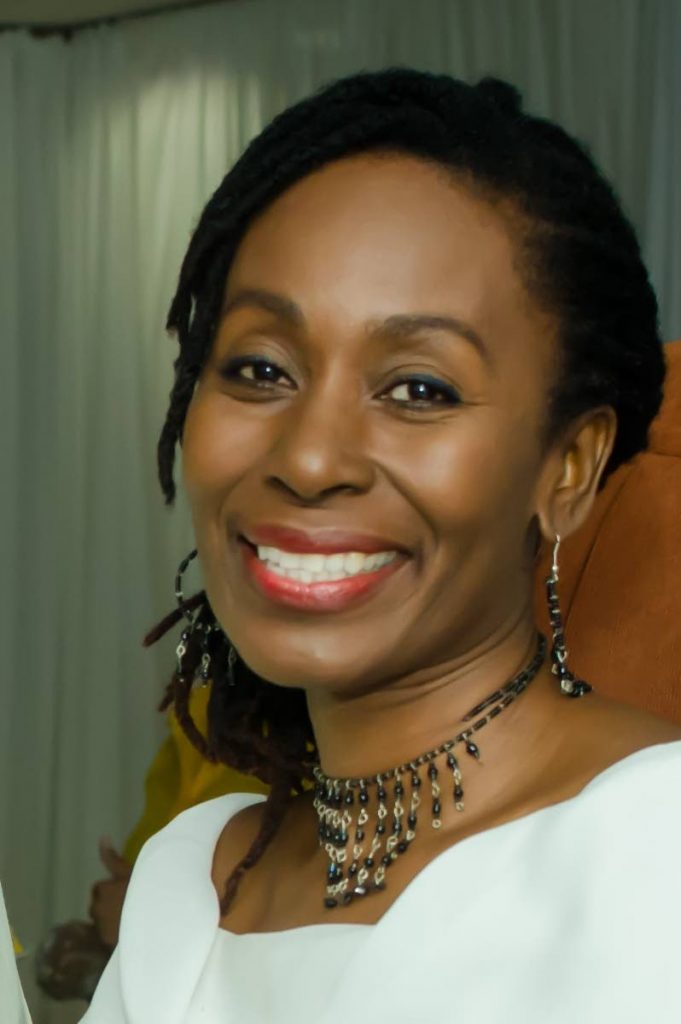Let their little voices be heard

Culture Matters
DARA E HEALY
I’M THINKING about children today.
This week their little voices fought to be heard over the cacophony of abuse, neglect and the daily struggle to survive a pandemic. As almost 20,000 children did their best to concentrate on a life-changing exam, the innocent face of Sean Luke smiled up at us from media reports, his trusting expression hauntingly stuck in the moment the photograph was taken. Even as we await the verdict for his brutal murder, others plead – do not forget about Akiel Chambers and the many other children who were victims, too many.
In Canada, they are burning down churches. The remains of hundreds of children were discovered in a mass grave “on the site of a former boarding school in Saskatchewan,” a stark symbol of historical wrongs that remained hidden for too long.
We understand this pain. That is, the pain of the vulnerable being victimised as a result of an imbalance of power. And deeper than an abuse of power, we understand the pain of being relegated to a lower social status because of our heritage. Our history of Spanish and British colonialism, enslavement and indentureship still hurts. We understand that even though a crime exists in the past, that does not stop it from affecting future generations.
In Canada, it is widely acknowledged that the indigenous community is still subjected to institutional racism and an almost constant battle for their voices to be heard. In the Caribbean, historical violence has permeated our socio-cultural structures. It impacts our understanding of gender, power and family. Almost certainly, it impacts the way we treat our children.
This week a discussion with the Children’s Authority confirmed the prevalence of a culture of violence against children. Sexual abuse of children occurs from as early as new-born babies, continuing right up until puberty and beyond. “It is alarming to see toddlers being sexually abused…we think there are many more cases going unreported...,” stated a government administrator in a recent analysis on the status of children in TT.
Naturally, societies that are under stress are more susceptible to serious problems with the ill-treatment of children. Poverty, unemployment or inadequate state resources for child endangerment create tensions that spill into families. Social and cultural norms that promote an imbalanced view of gender roles, also create challenges. According to the Spotlight Initiative in TT, some of our “warped cultural norms preserve many of the myths that allow family violence to stay under the radar.” These myths include a range of beliefs, from the right of a father to the virginity of his daughter, to a woman understanding her place at home and in the office, to children not having a right to their voice.
The global pandemic has accelerated poverty, displacement and loss of revenue across sectors. Increased use of online platforms has reduced opportunities for positive socialisation. Isolation has opened the door to cyber-bullying and an intensification of mental health challenges. At home, a society that already struggles with inequality is now even more on edge. Families are reeling against the constant bombardment. This week, I was grateful for the help of state authorities to prevent another set of children from ending up on the streets. How do we negotiate this new environment?
Increasingly, it is being accepted that creative strategies have the power to challenge and transform harmful social norms. In South Africa, an art therapy intervention for sexually abused girls 8-11 years old proved successful in helping them to manage depression and anxiety. Locally, our NGO’s creative work with youth in marginalised communities, victims of gender-based violence or children who are exposed to gang violence gives respect to ancient cultural forms. We encourage healing through open expression and play.
But children who suffer abuse often display dysfunctional behaviour later in life. They are prone to depression, obesity, high-risk sexual behaviour, alcoholism and drug abuse. This has implications for the stability of our wider society. The key is to adopt a multi-stakeholder approach that is sustainable and properly funded. Art therapy and other creative interventions need to be incorporated into training for educators and offered as core areas of study.
The voices of children filled my head this week. Generational chatter asking for my help, urging me to find solutions. From a cane field in Couva to a mass grave in Canada, intergenerational voices are asking for justice. Help me to give them what they are asking for. Help me to give them the peace they need and the future they deserve.
Dara E Healy is a performance artist and founder of the Indigenous Creative Arts Network – ICAN


Comments
"Let their little voices be heard"